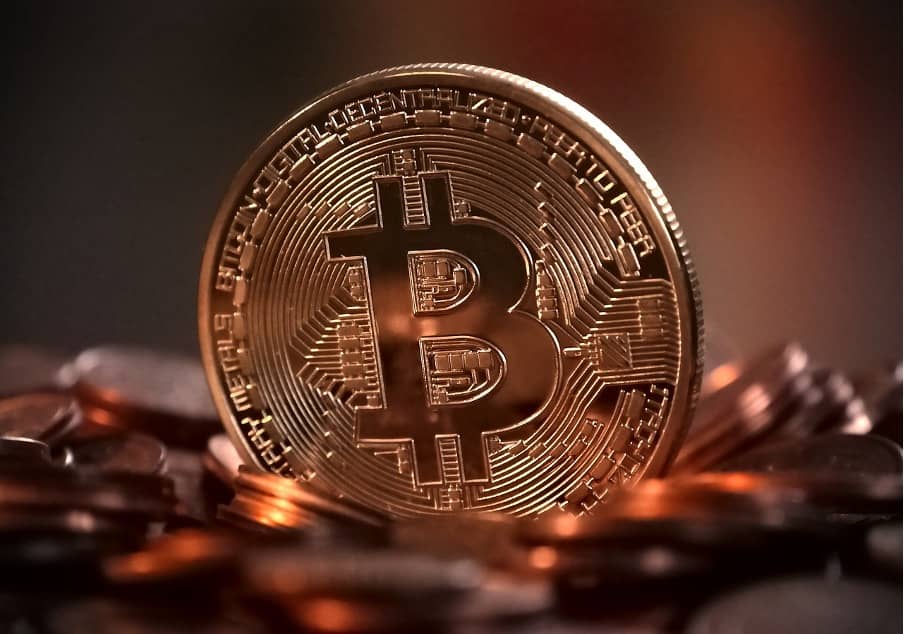
When it comes to understanding cryptocurrency, many new investors get lost in the weeds. There is so much information out there that can be overwhelming. However, with a little research and patience, anyone can learn about this exciting new technology. Virtual currencies like Bitcoin are making headlines every day for good reason. We are on the cusp of a Bitcoin 360 ai.
They offer an alternative to traditional banking systems that’s trustless and more secure than other payment methods. Cryptocurrency can also help you access financial services that are otherwise out of reach for some people. It’s no wonder that so many people are curious about how they work and what they’re worth.
But as with anything else in life, being able to grasp the basics is essential before diving into the deeper end of the pool. Here are 10 top resources indispensable for anyone interested in learning more about cryptocurrency and virtual assets.
What is cryptocurrency?
Cryptocurrency is a digital asset designed to function as a medium of exchange that uses cryptography to secure and protect transactions as well as to manage the creation of additional units of the currency. Cryptocurrency is decentralized, meaning it’s not under the control of any single entity or organization. It’s basically money that exists only in the digital world and is recorded using blockchain technology. Cryptocurrency uses decentralized control to operate without any central authority—instead it is controlled by all the decentralized users of the network. This decentralized control feature also makes cryptocurrency resistant to transaction fees. Moreover, cryptocurrency blockchain can be used to store other types of information, such as medical data or property ownership.
How to Buy Your First Cryptocurrency
There are a couple of ways to get involved in the cryptocurrency world. The first is to buy some coins or tokens from an exchange simply. Exchanges function like marketplaces where you can trade one type of cryptocurrency for another. Some exchanges let you buy bitcoins with your credit card while others offer more services, like buying tokens that can then be used to invest in token sales (ICOs). It’s important to note that most exchanges require you to verify your identity before you can begin trading. This is because government agencies are investigating cryptocurrency trading platforms as potential money laundering hubs. Once you’ve bought your coins, you can store them in a digital wallet. There are many different types of wallets, and they’re all somewhat different. Some are better for beginners while others are more advanced. It’s up to you to decide which type is best for you.
Understanding Blockchain Basics
Blockchain technology powers most of today’s virtual currencies, like Bitcoin, Litecoin, or Ether. It’s basically a decentralized, tamper-proof ledger that anyone can use to record transactions and track ownership. There’s no central authority that keeps track of transactions or controls the creation of new coins. Instead, the network is maintained and governed by all of the users who run the transaction software on their computers. Transactions are broadcasted and recorded into a public ledger, which makes it virtually impossible to fake or fake transactions. When you send money using blockchain technology, the transaction is bundled into a block that’s then added to the ledger. Once it’s added, the block cannot be altered. This concept is known as the “blockchain” and it has many practical uses. For example, it can verify the ownership of all kinds of things, like computer code, stocks, or medical records.
Top 3 Crypto Exchanges for Trading and Storage
While buying cryptocurrency is the first step, storing it is another. This is where exchanges and wallets come into play. An exchange is basically a marketplace where you can buy and sell coins. There are a lot of different exchanges out there and it’s important to choose the right one for you. You can choose between centralized and decentralized exchanges, depending on your needs. Centralized exchanges keep your funds on the exchange itself and are vulnerable to hacks. However, they’re usually cheaper and offer better liquidity. Decentralized exchanges, however, are safer since they don’t hold your funds and are less expensive. You can store your coins on a decentralized exchange or a hardware wallet. A hardware wallet is a device that stores your coins offline, like a USB stick. This protects your coins from hackers and also makes them more difficult to steal.
Conclusion
A lot of people are getting involved in cryptocurrency trading and investing these days. With so much attention come the associated risks and challenges, though, and many people are confused by the technology. This article was written to help new investors understand the ins and outs of cryptocurrency trading and investing. From understanding what cryptocurrency is to how to buy your first cryptocurrency, this article will help you get on the right track.
Advertise with the mоѕt vіѕіtеd nеwѕ ѕіtе іn Antigua!
We offer fully customizable and flexible digital marketing packages.
Contact us at [email protected]
















